In our workshops, when the games start, everyone, even the most composed adults, begins tense and quiet. Shoulders up, laughter held back. But give it five minutes of real play and everything softens. The air changes. You can almost feel the cortisol dropping.
That shift always hits me. We spend so much time managing stress with logic and control, yet the body often just needs a moment of freedom to recalibrate. When we play, we give our nervous system permission to reset. It's not an escape, but regulation in disguise.
Science backs this up: safe play lowers cortisol, restores balance, and reawakens curiosity. It's why after every playful moment, people don't just feel lighter; they are lighter, physiologically.
This week, we're exploring the foundation of the stress–play connection and ways intentional play can bring life back into your classrooms and homes. Let's dive in!
#374: Beyond Labels: Embracing Differences in Ourselves and Our Others
In this episode, Paul and I invite listeners into an open, heartfelt conversation about life’s challenges and the strength that comes from vulnerability.
We discuss the emotional side of parenting, the impact of presence, and the power of creating safe spaces. It’s a raw and uplifting listen that captures how emotional honesty transforms stress into connection, and connection into resilience.
We also feature insights from our recent international trip to Singapore, where we headlined the PHASE Asia Conference attended by delegates from 42 countries. We celebrated the power of global connection and professional growth.
Take a breath, tune into this episode, and join us for a heartfelt conversation we’ll remember for a long time!
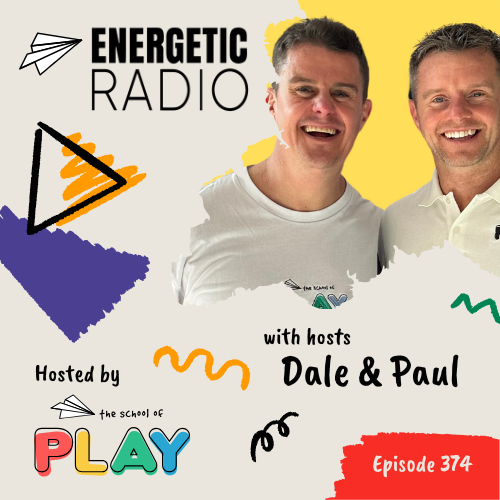
Daily Mission Cards
When play feels safe, the body relaxes and learning flows naturally. But too often, kids and adults treat creativity as performance—something to get “right.”
Today’s mission: set up a “Creative Share Wednesday.” Let one person lead everyone in a hobby or activity they love (painting, dancing, Lego building, or even making friendship bracelets)! The rest simply join in and discover the joy of learning through someone else’s passion.
This kind of reciprocal play activates co-regulation and replaces self-consciousness with connection. Everyone gets to model openness and feel what it’s like to belong in play, not perform.
Explore the Kindness & Happiness Mission Deck and uncover 54 playful missions that nurture kindness and joy!
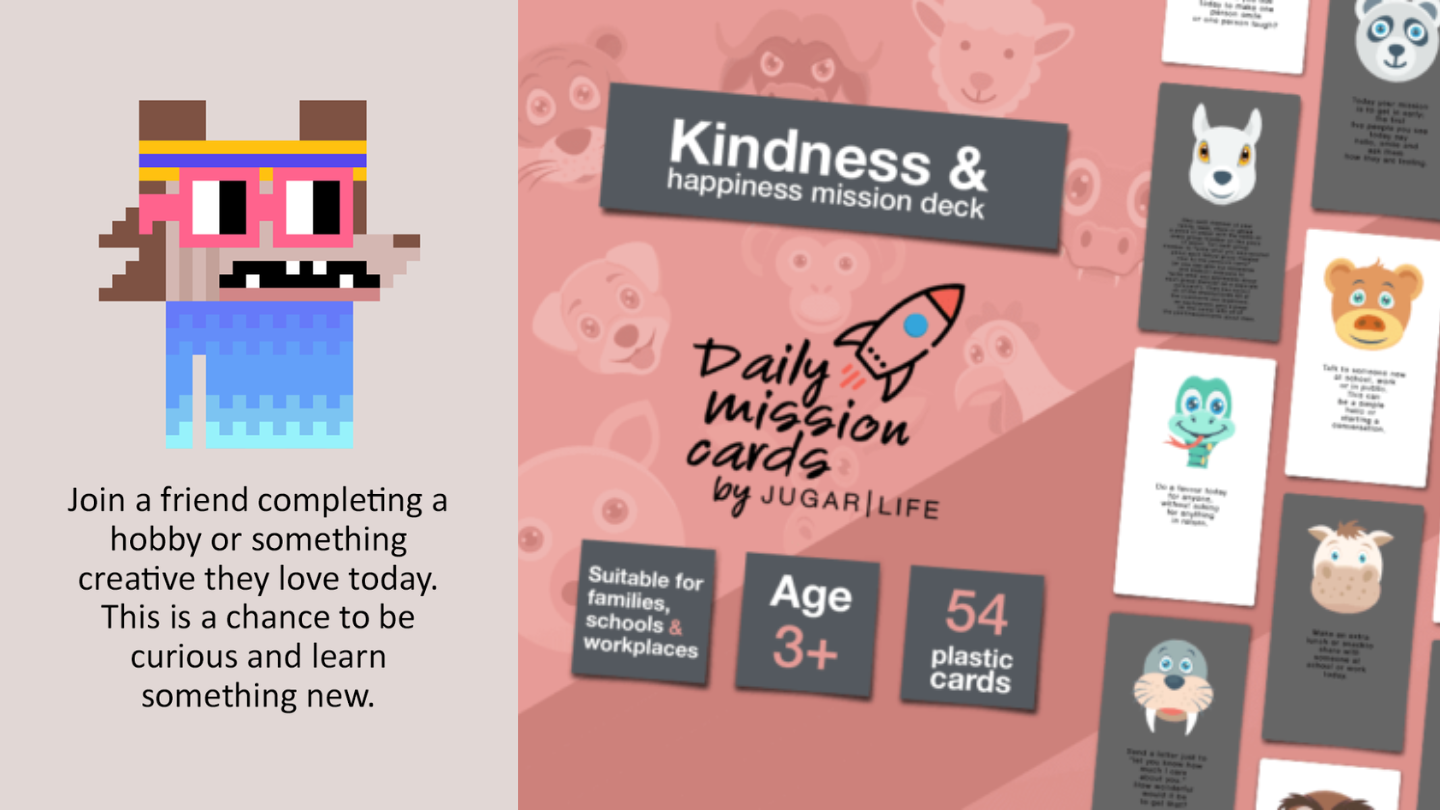
Conflict Resolution Role Play
When stress hits, our ability to regulate emotions and solve problems plummets. Instead of reacting under pressure, we need a safe space to rehearse calm. This week's game is a creative activity that turns conflict into a collective skill-building exercise.
How to play: Students are given scenario cards detailing common classroom or playground conflicts (e.g., "A classmate takes a pencil without asking" or "Disagreement over a group leader"). In small groups, they act out the situation, then collaborate to find the perfect, peaceful resolution right there on the spot.
This is pure, joyful practice for the brain! Students gain instant confidence in respectful listening and compromise. It's a fantastic emotional release that builds strong, long-term emotion-regulation skills.
If you need more evidence-based activities that help students practice peaceful solutions, sign up for the Jugar Life resources and access hundreds of games for wellbeing!
The Play Cycle
Play therapy requires more than just fun activities; it demands a deep understanding of how the body finds emotional release.
Dr Pete King, a leading expert with a PhD in Childhood Studies, dives into the essential Play Cycle theory.
First proposed by Gordon Sturrock and Perry Else in 1998, The Play Cycle is the roadmap that breaks down the six identifiable elements that occur during deep, restorative play. It’s the difference between simple diversion and true therapeutic release.
In this webinar, Dr King will outline these six elements and teach you how to support the process effectively. You will leave with an exact framework that moves you from just observing play to confidently maximising its stress-reducing potential.
If you're already signed up, you can watch this course HERE and become a strategic leader in emotional support!
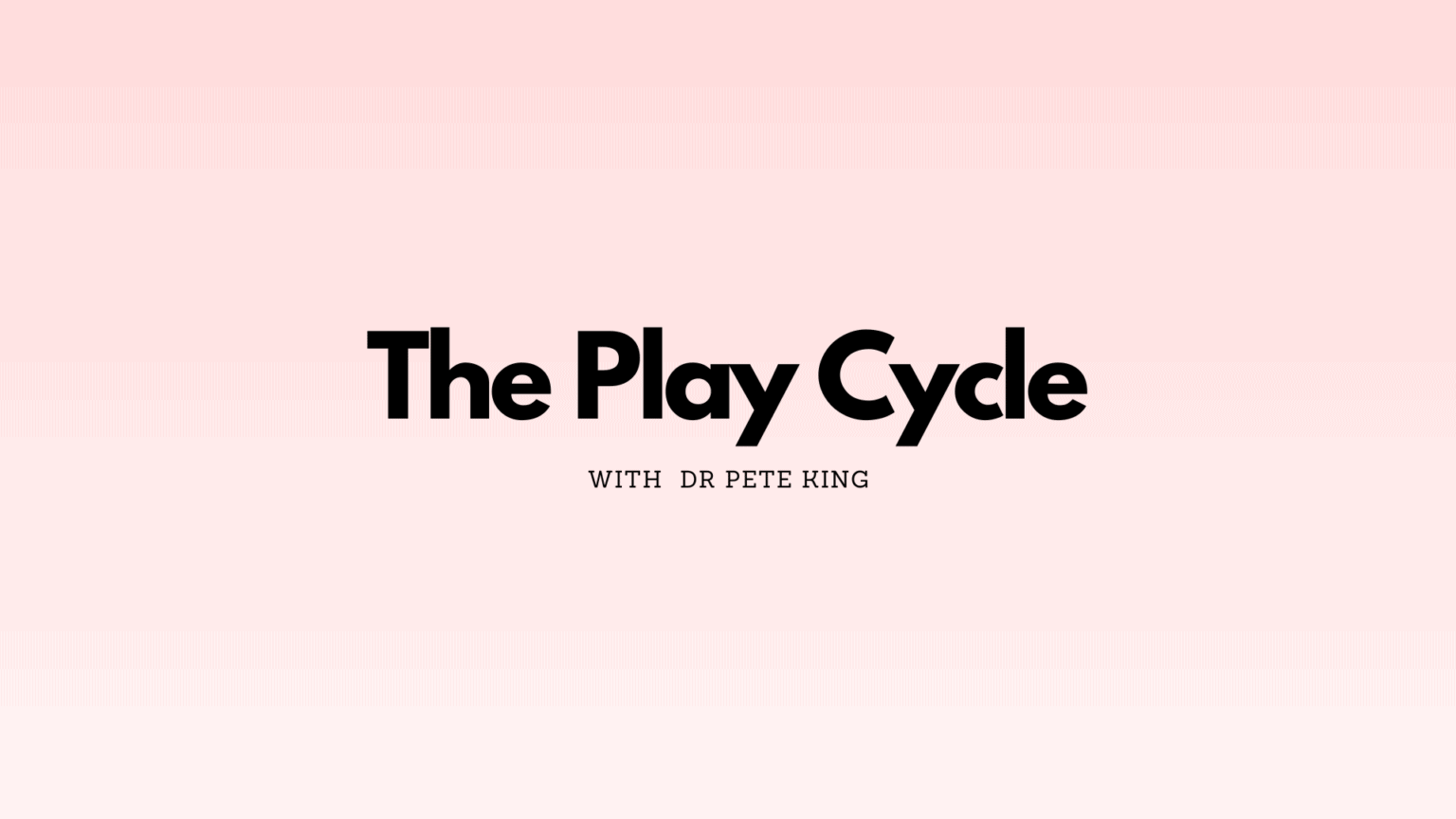
Global Play Energy in Singapore
What an unforgettable week! Paul and I flew to Singapore for the PHASE Asia 2025 conference and spent four massive days working with an incredible community.
We ran high-energy keynotes and workshops focused entirely on boosting mental and physical well-being through movement and connection. We had the honour of playing with 470 passionate PE teachers from 42 countries!
The energy, curiosity, and sheer willingness to jump in and PLAY were something truly special. A massive thank you to the PHASE Asia community for an absolutely brilliant, world-class experience.
Join us on this journey of joy and connection! If you want to bring The School of Play to your community, fill out the form here ➡
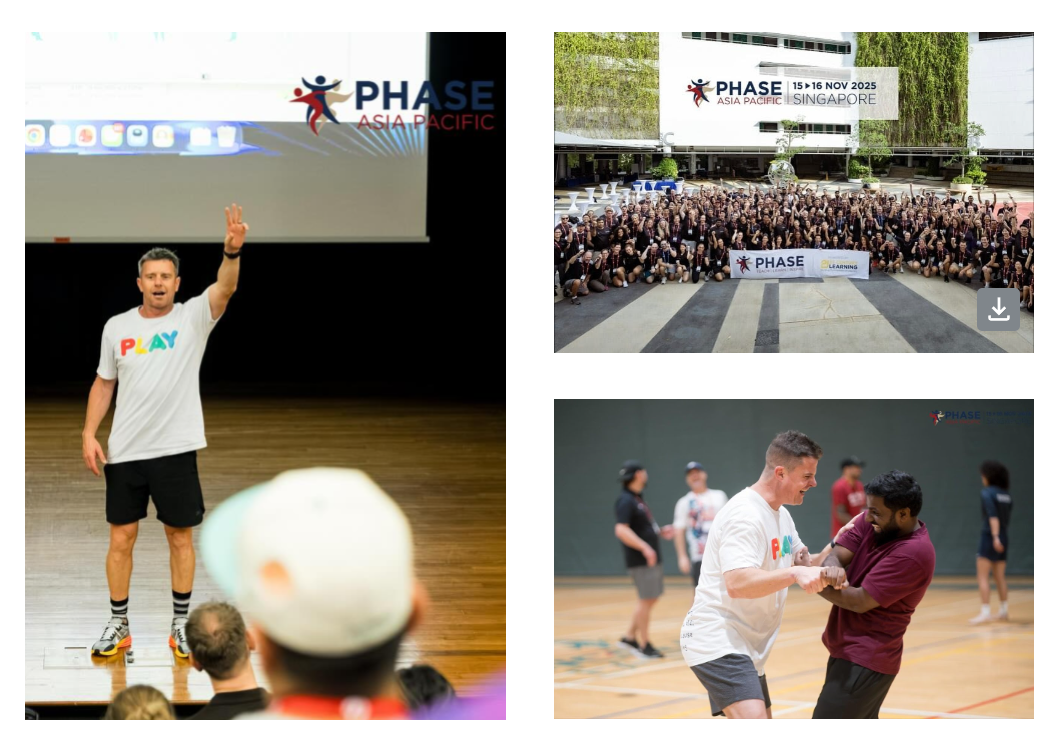

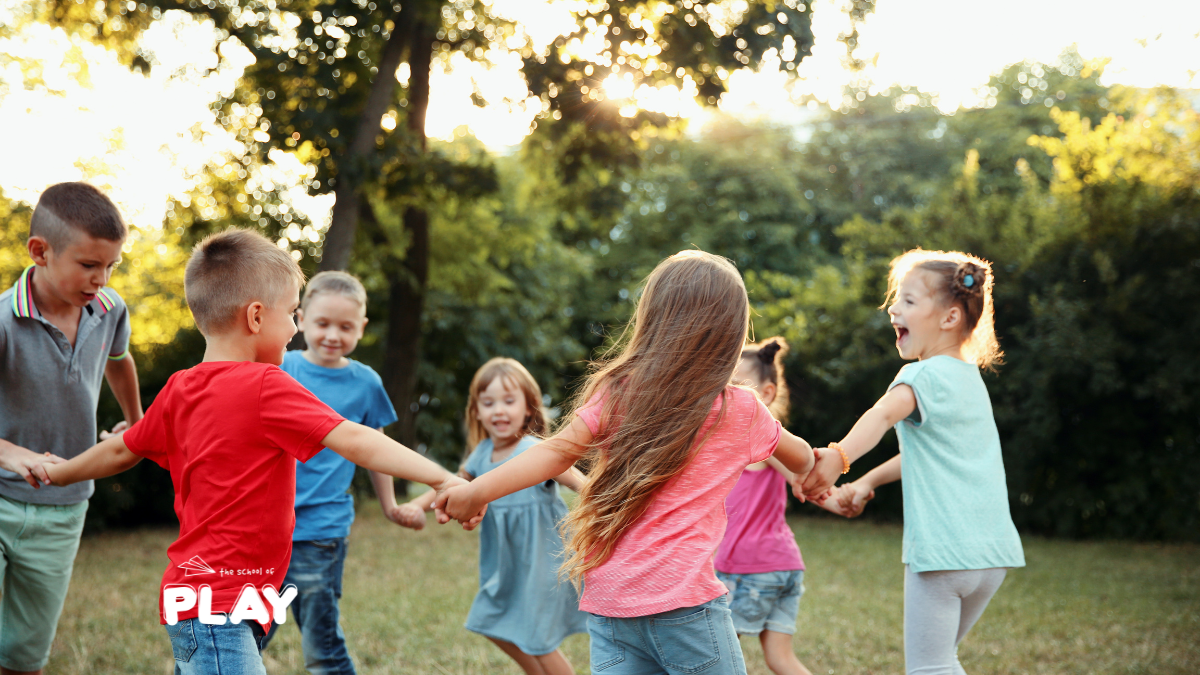

.svg)












.avif)


